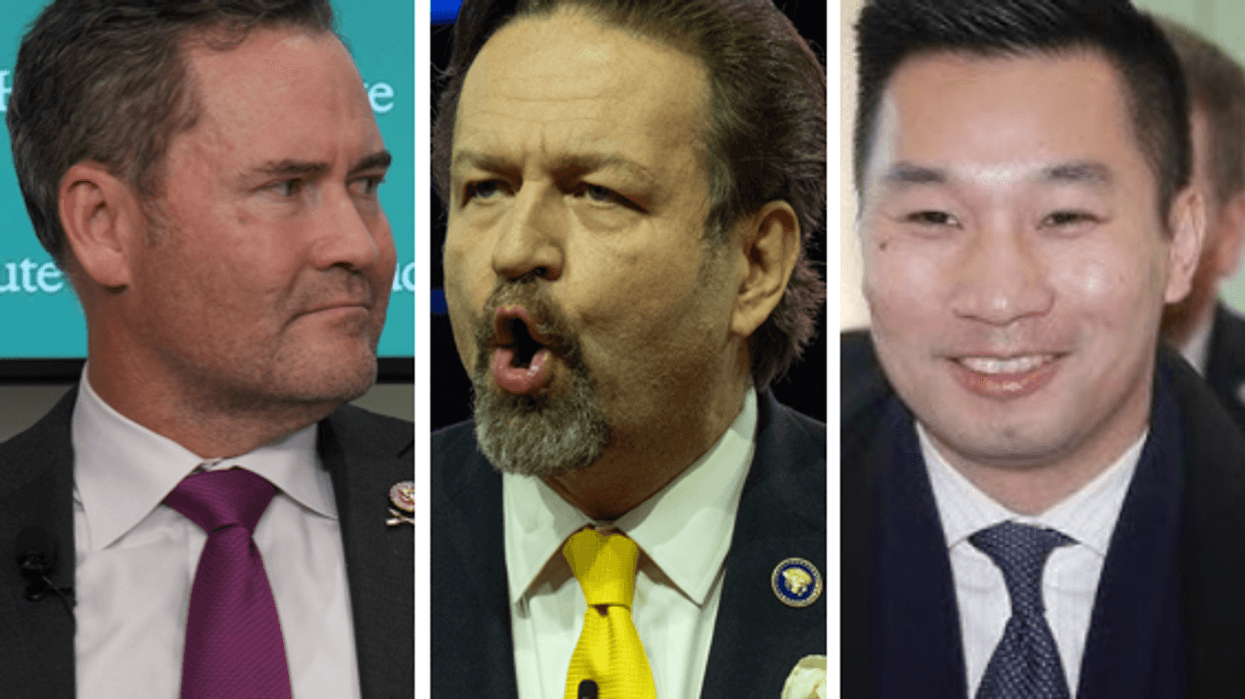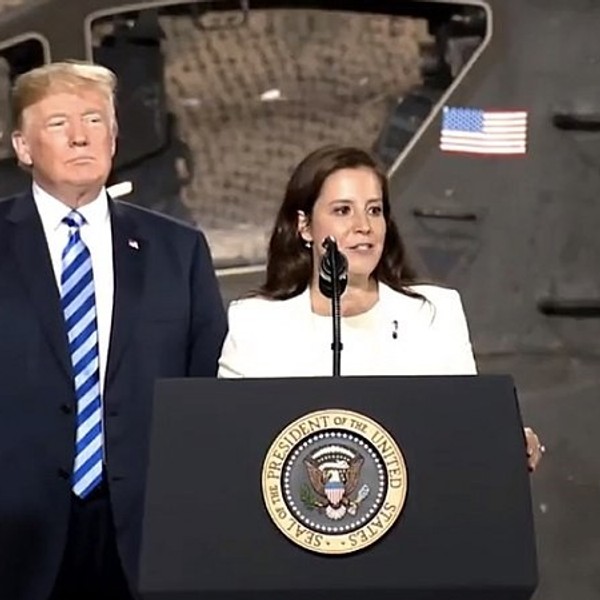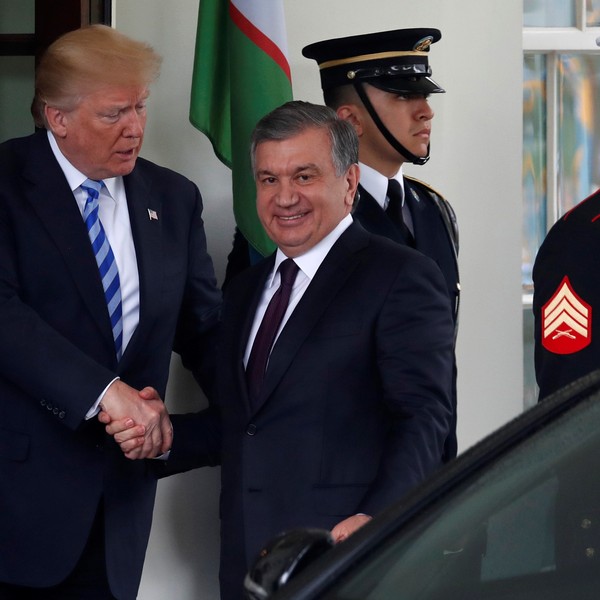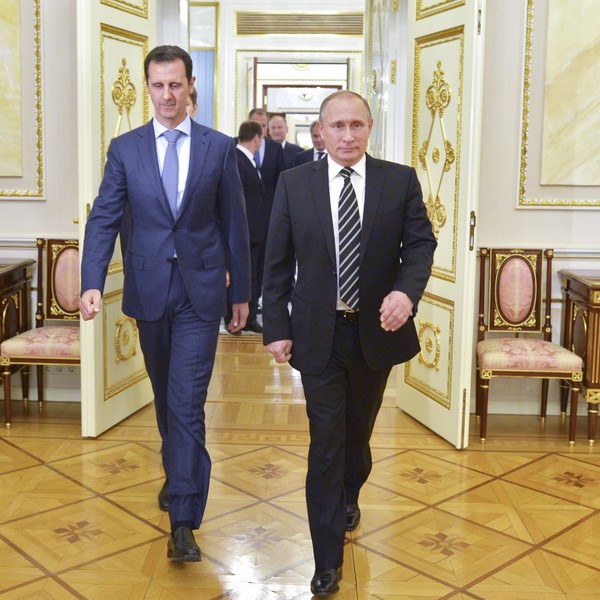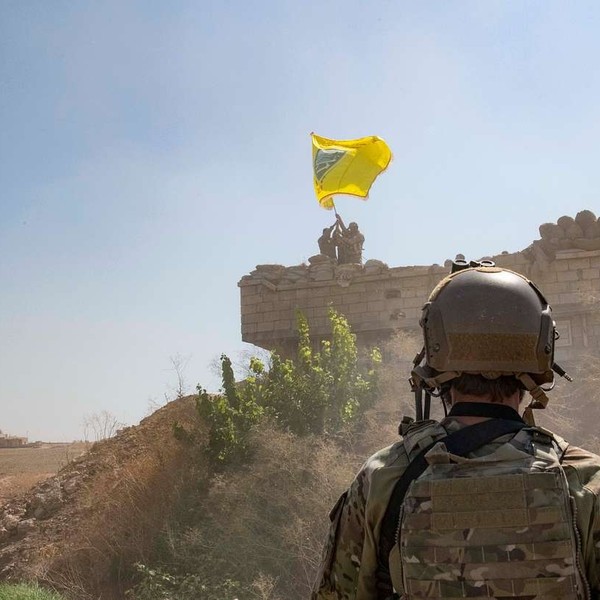Earlier this summer, Rep. Thomas Massie (R-Ky.) introduced an amendment to the annual defense policy bill, or National Defense Authorization Act (NDAA), which “requires a report on the casualty and equipment losses for both sides involved in the conflict in Ukraine.”
His amendment was accepted into the House’s version of the NDAA and awaits review by the Senate.
In an interview with RS, Rep. Massie — who almost succeeded in getting a similar measure into last year’s NDAA — talked about his motivation behind presenting his amendment this year, as well as some insight into how the conversation about Ukraine is trending on Capitol Hill.
He said several factors motivated him to introduce the amendment, namely that even the House Speaker didn’t know how many Ukrainians have been killed or injured in the war, and that State Department officials seemed to know only Russian casualty statistics — but not those for Ukraine.
Here is the full interview which has been edited for clarity:
RESPONSIBLE STATECRAFT: When looking at this year's NDAA, what was your particular motivation for introducing an amendment like this?
REP. THOMAS MASSIE: Well, in a classified briefing, I stood up and asked what the casualties were on the Ukrainian side, and in that meeting I believe, you had representatives from the intelligence community, and they were briefing us, and they went out of their way to tell us how many Russian casualties there were, and they would not answer my question of how many Ukrainian casualties there were.
And this was a briefing to Congress in a classified setting. They really didn't have an excuse, other than they weren't really sure, which seems like an incredible lie. So then a few months later, I'm in the Speaker's office, and I asked the Speaker if he knew the number of casualties in Ukraine? He began telling me how many Russian casualties there were. I said, Do you know how many Ukrainian casualties there are? And he said, No. I said, Have they ever told you? And he said, No. I said, Have you ever asked? He said, I should ask. So the Speaker of the House doesn't even know. Didn't even know at the time how many casualties there were. And if you ask, for instance, an AI assistant, how many Ukrainian casualties there are, even the AI assistants here in our country can't tell you how many. At the time when I drafted this, AIs came up with wildly different numbers because they're relying on everything that's been published. And there's virtually nothing reliable that's been published.
RS: So based on what you're seeing with support or lack of support, do you have any indication as to how confident you are that this might make it into the final draft this time?
MASSIE: It'll be up to the conference with the Senate, and it'd be interesting to know if there's somebody in the Senate that wants it taken out, because I've heard no real resistance to it here in the House. And think about it, nobody has a good reason.
RS: From my perspective, it's a really good way to bring transparency to the issue. Who can deny that we should have basic casualty numbers?
MASSIE: I’ll give you a related amendment to my amendment, which was from Warren Davidson (FY2024). It said that the administration has to have a strategy and goals related to the Ukraine war. We fought even harder to get that one to a vote, and it failed. And that just blows my mind, that Congress could say, No, we don't want to have any stated goals in Ukraine, we're just going to keep sending money.
RS: Okay, this goes back to my earlier question. Why do you think it's been so difficult to get official numbers on casualty and equipment losses. Have you ever seen this kind of blackout or lack of curiosity related to other conflicts?
MASSIE: We're just being fed propaganda in these classified briefings. And if other members of Congress couldn't see that when I asked the question, then shame on them. Part of the reason I asked that question in that setting, was to show the other members of Congress that they're just giving us one side to try and motivate us to keep sending the money and weapons. I think it's obvious that they're just feeding us propaganda in classified settings, and then I think it's also true that the Speaker himself has been a subject of propaganda and lacks the curiosity to even question the narrative that we're being fed.
RS: Can you speak on why they're presenting you with propaganda?
MASSIE: It's the State Department that's pretty much directing this, and then Congress. It's the tail wagging the dog. Congress is the dog, right, and the State Department believes that war is a tool of statecraft, or diplomacy, that they're going to use war for diplomacy, and they don't want Congress to get in the way. So once it gets started, we're supposed to just open the pocketbooks and let the money flow. And they're afraid if we got any bit of bad news about how the war was going, that there would be a reluctance from Congress to keep funding it, or push for an ending.
RS: Maybe some of your colleagues would contend that the only reason you're raising the issue is to disparage the war effort and make the case for preventing more aid from going to Ukraine. Do you have any thoughts on that?
MASSIE: Well, it's certainly the case that I don't want to send more aid to Ukraine. But if continued funding for Ukraine requires sticking your head in the sand, then I think we need to quit funding Ukraine. I mean, I would just put it back on somebody who thinks that way. If they are worried that knowing this number might diminish the appetite for funding the war, then that’s the main reason that Congress needs to know the casualty numbers.
RS: Was there any other information related to the amendment that you would like people to know?
MASSIE: I hope it makes it into law, and I hope they follow the law and the spirit of the law when it makes it into law, because we certainly have these numbers. We must have very close numbers, and even if they can't make them public, they need to tell Congress. Ultimately, we're the ones who are responsible for watching what's going on and deciding if and how much money to send for this effort.

